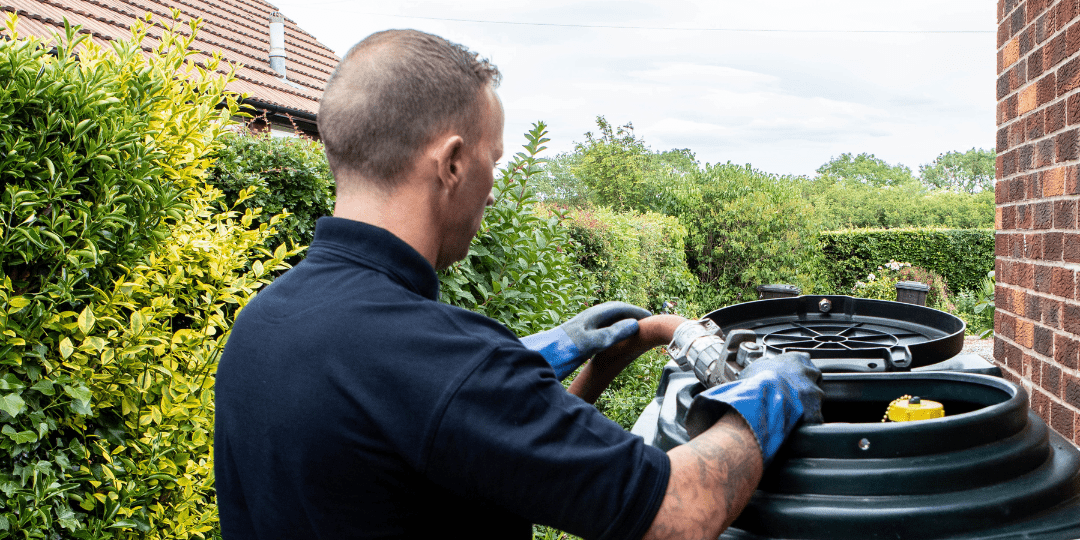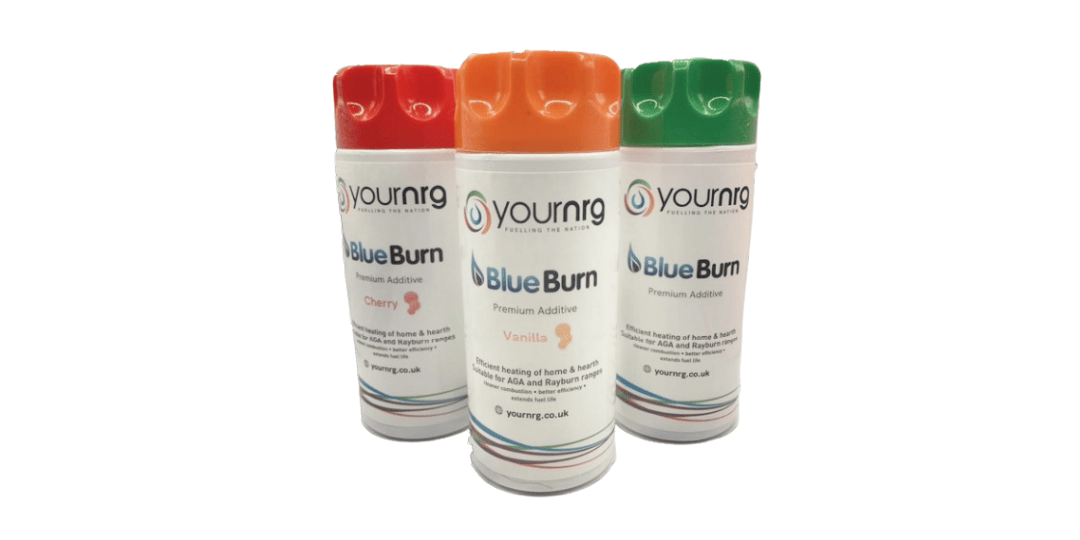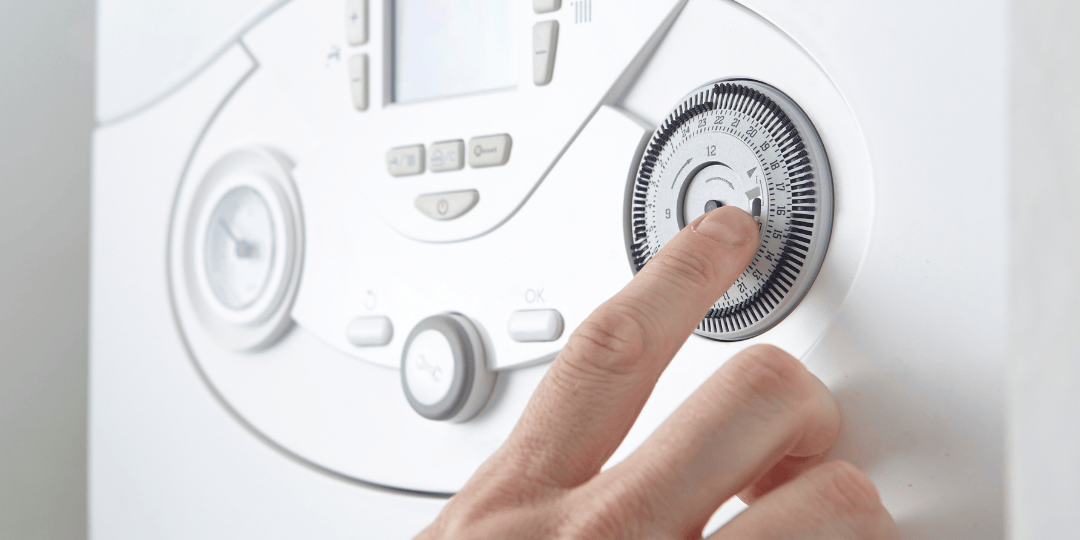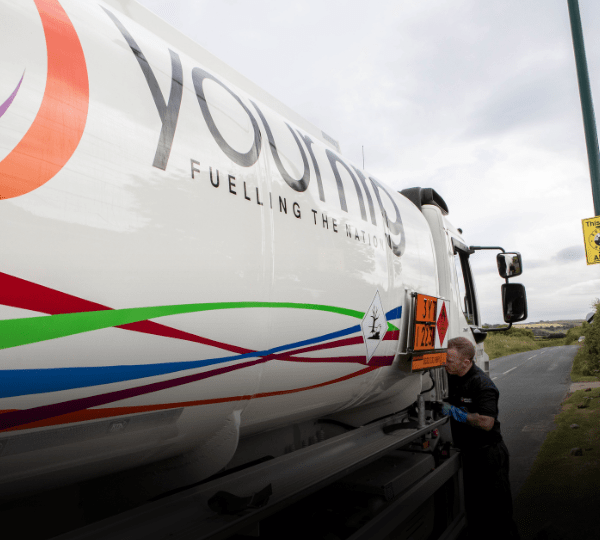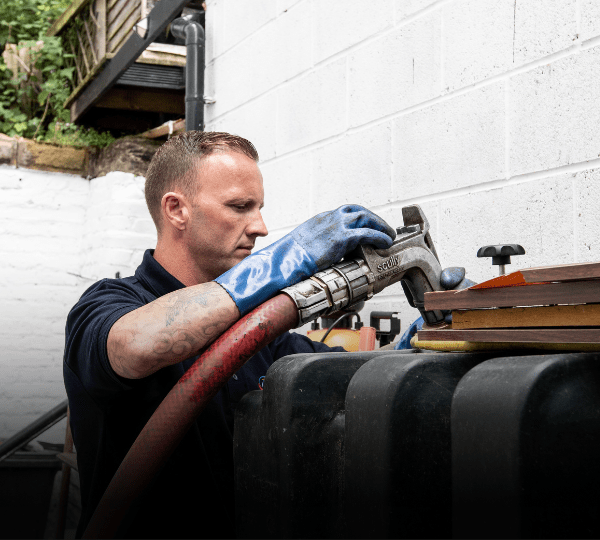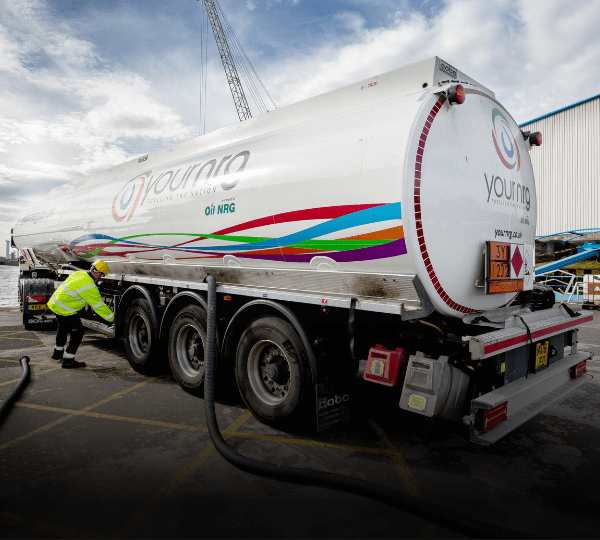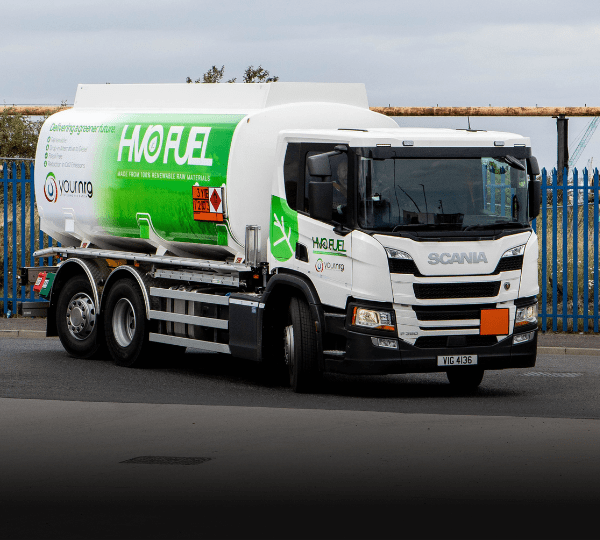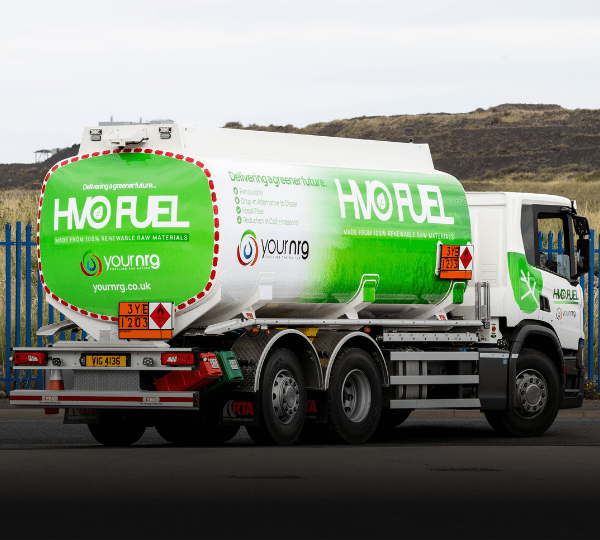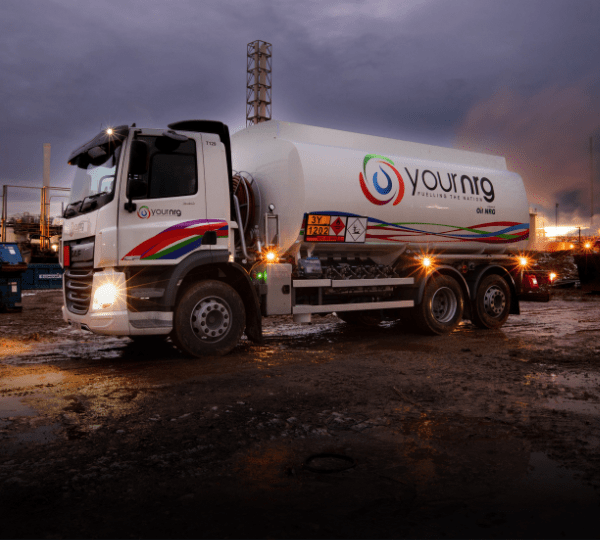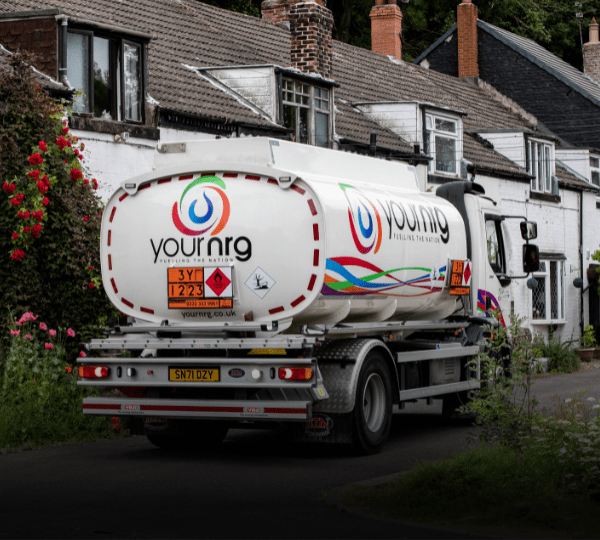Although cost-effective, it’s important to ensure that your tank is in good condition before topping up in preparation for winter. Leaking tanks and domestic heating oil spills can be costly as well as dangerous to households and the environment. This is because oil spills and tank leaks can lead to significant financial loss caused by clean-up costs, tank replacements, and more.
Luckily, our heating oil experts at Your NRG have put together some preventative measures that you can take this summer to avoid pricey repairs and clean-up fees.
Key Takeaways
- Preventing Oil Leaks
- Routine Inspections
- Interior Maintenance
- Addressing Corrosion
- Safety and Security
- Tank Age
- Oil Spills
- Signs Of An Oil Spill
- Dealing With An Oil Spill
- What to Remember
Preventing Oil Leaks
Taking proactive measures to avoid oil spills is essential for safeguarding your home, the environment, and your wallet. By taking preventative steps, you can ensure secure storage of your heating oil, giving you peace of mind that you’re prepared for the upcoming colder months without any nasty surprises.
Routine Inspections
Before your heating oil delivery, it is important to check that your tank is in good condition. This is because most people’s tanks are fuller than usual during the summer, and oil spillages are not only expensive but also difficult to clean up.
Leaking tanks pose a risk to groundwater supplies as well as ecosystems and can ruin your garden. To prevent this, regularly inspect the exterior of your domestic oil tank and properly store your heating oil. Inspecting your tank helps to reduce potential environmental contamination and steep financial repercussions. For tips on how to maintain your heating oil tank, check out our tank maintenance guide!
Along with OFTEC (Oil Firing Technical Association), we recommend annually scheduling an OFTEC-licenced technician to inspect your tank. Do this at the end of summer to help spot issues potentially caused by the hot weather and to prepare for the upcoming winter.
If you recently moved to a new property with an existing oil tank, congratulations on your new home! We recommend getting your tank professionally inspected as soon as possible to spot any potential problems and ensure your system is safe and efficient. If you're new to heating oil and living off-grid, why not take a look at our heating oil guide for beginners?
Interior Maintenance
Another thing to be mindful of is the interior of your tank. Be sure to regularly check the inside of your tank for sludge and water, as this can damage heating systems, reduce efficiency, and shorten their lifespan. This is because rainwater that has entered your tank during deliveries and condensation build-up can clog your pipes as well as cause system damage.
To prevent these kinds of issues, regularly check the inside of your tank and use water-finding paste. This helps detect potential problems early on and prevents expensive repairs.
Addressing Corrosion
Additionally, off-grid homeowners should look for tank corrosion. This is because corrosion risks of oil spills and environmental damage. Even small dents and minor rusty spots can worsen if left unaddressed or unnoticed! Routine inspections and swift action on corrosion can save you from costly tank replacements and leaks.
Safety and Security
Prioritise the safety of your domestic heating tank by keeping the surrounding area clear of debris and vegetation. This not only ensures easy inspection access but also prevents damage and minimises fire hazards. Also, maintain proper ventilation around your tank to prevent overheating and reduce leak risks. You should also secure your tank against theft and vandalism by installing locks and alarms, as well as other preventative measures.
Tank Age
A final thing to be aware of is your oil tank’s age. Typically, domestic oil tanks have an average lifespan of 15-20 years. However, the lifespan of tanks can vary depending on their location, the weather conditions, and maintenance.
Oil Spills
Spotting the signs of an oil spill quickly can help reduce significant damage. If left unchecked or unnoticed, oil spills can be devastating for your home and budget.
Signs Of An Oil Spill
Various signs can indicate an oil spill. Our experts here at Your NRG recommend keeping an eye out for:
- Oil Stains: There are visible oil stains on the ground near or around your tank
- Strong Odour: A noticeable smell of heating oil around the tank or in your home
- Vegetation Damage: Dead or discolored plants and grass around the tank area
- Tank Level Drop: Unexplained drop in the oil level in your tank
- Unusual Sounds: Gurgling or bubbling sounds from the tank or pipes
- Physical Damage: Cracks, splits, or other physical damage to your tank’s structure
It is important to spot the signs of a leaky or damaged tank before they worsen in order to mitigate unexpected costs and damage.
Dealing With An Oil Spill
In the event of a heating oil spill, it is essential to act quickly, as clean-up costs can amount to tens of thousands of pounds. Furthermore, oil leaks can cause a potential drop in your property’s value due to land contamination.
Immediately identify the leak and seal it to prevent further damage. Once this is done, seek help from your local environmental agencies to manage the incident efficiently and effectively. Never attempt to rinse away spilled heating oil with water. This action can significantly worsen the situation, spreading the contamination and causing more environmental damage.
What to Remember:
- Store your domestic heating oil safely in the summer to prevent leaks
- Regularly inspect the exterior and interior of your tank
- Schedule annual inspections by OFTEC-licenced technicians
- Address corrosion and damage promptly
- Keep the area around your tank clear and well-ventilated
- Secure your tank against theft and vandalism
- Monitor your tank’s age and condition
- Act quickly if an oil spill occurs and seek professional help
- Never rinse oil spills with water
Regular tank maintenance and practising vigilant care can prevent costly clean-up repairs, tank replacements, and environmental damage. By following our experts' essential summer maintenance tips, you can ensure the efficiency of your heating oil system. Don’t wait for problems to escalate - always act swiftly to safeguard your budget, tank, and home!
Need to top up on heating oil before the weather turns? Get a quick, competitive quote today.
